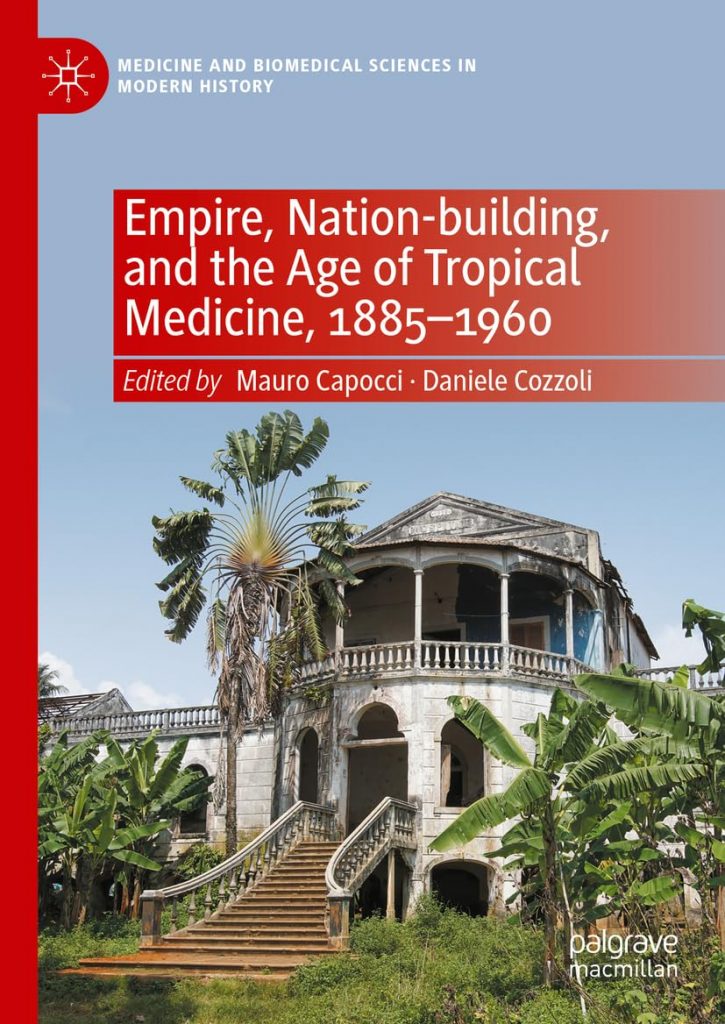Much has been said about the racist character of the ‘War on Drugs’. To explore this character more fully I take a look at drug policies in the Dutch colonial empire. In the second half of the nineteenth century, the Dutch started to modernize their empire and attempted to build ‘modern colonial states’ in their territories in the East Indies (present-day Indonesia) and West Indies (Suriname/Dutch Guiana, and the Dutch Caribbean islands). The endemic presence of certain diseases and behaviours was felt to threaten the colonial project. Colonial medicine played a key role in managing these ‘problems’. My chapter in the recently published volume Empire, Nation-Building, and the Age of Tropical Medicine, 1885-1960 investigates and compares polices and attitudes around two very different cases: leprosy and drug abuse. Colonial policies towards these cases show remarkable similarities: in both, a translation took place of an international global ‘colonial framing’. Non-white leprosy sufferers and drug users from different ethnic and cultural backgrounds (African, Indian, Chinese, Indonesian) were constructed by colonial medicine as being passive, undisciplined, disturbing labour efficiency, and threatening to contaminate whites (through sexual contacts and other means) or to seduce them in ‘going native’. Colonial strategies against these dangers included compulsory segregation of leprosy sufferers and the first prohibitive drug laws in Dutch territories. These policies created a legacy of a colonial cultural archive that is still around today.
